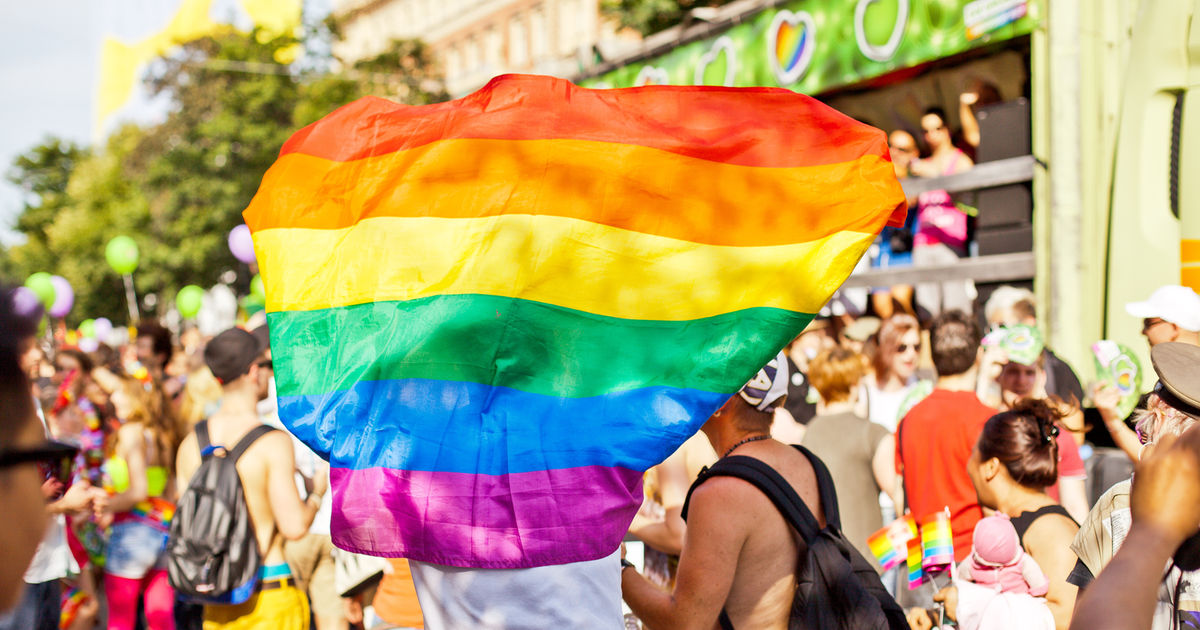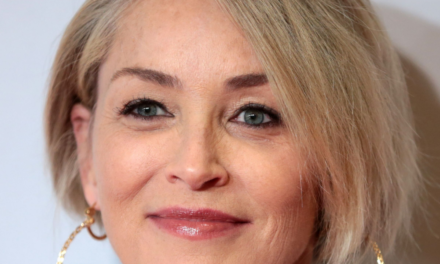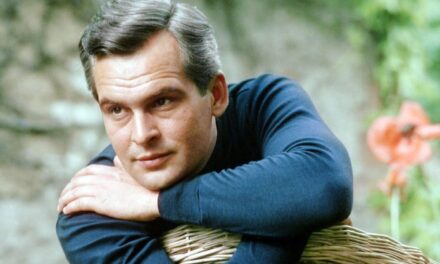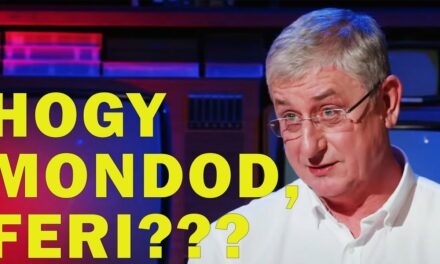A thong, painted man, a provocateur dressed as a homosexual bishop, adult people dressed in dog costumes and led on a leash - would extreme extremity be the new norm? Zsuzsa Máthé talks about her experience in Vienna on Saturday, where pro-family patriots could only gather in the shadow of Pride, intimidated in the name of tolerance.
"It was an amazing experience," begins Zsuzsa Máthé's recollection to our newspaper. The director of the Szent István Institute tells about the background of his visit to Vienna at the weekend. The invitation came from an Austrian Christian organization for the protection of life and children, who have been organizing a street demonstration every year since 2012 on the day of the rainbow parade and are happy to watch how their neighbor to the east sticks to their tradition-respecting position. This year, they also wanted a Hungarian speaker in Vienna, just as a sign of hope, so Zsuzsa Máthé came to the stage of the Austrian family advocates.
"Crossing the border, even before Vienna, we noticed that everything along the roads was dressed in rainbows, with rainbow flags hanging as high as floors, companies and cultural institutions alike took on the symbol of the lobby, as did the ambulances and police vehicles," reports the Austrian. Máthé about the general mood prevailing on the page. In the city center, many young people in a state of illumination, barely dressed, were preparing for the gigaparty, for many of them the main thing was apparently only the possibility of the party.
Impossible circumstances
Zsuzsa Máthé also spoke about the circumstances under which it was possible for a group of people who publicly support the traditional family model to hold their event next to Vienna's world-famous church.
"The last time I saw as many riot police as were dispatched to protect the pro-family event was in 2006,"
puts it, and in order to give a sense of the proportions, he points out that there were about a hundred supporters of the family who came with Austrian flags (many of them did not reach the stage in the upheaval), with the handful of groups, an amazing crowd looked at each other, raised their middle fingers, whistling, shouting, drumming.
"Among the supporters of the traditional family model, in addition to the hosts, Jan Carnogursky, former Slovak Prime Minister, Poles, Ukrainians and Hungarians also appeared, together with nuns, priests, foreigners and peaceful patriots who want to restore normality in Austria, they took to the plane next to the institution of the family," he said. Zsuzsa Máthe. As he put it, the whole situation was terribly dissonant and sad. "We were afraid because the behavior of those promoting tolerance was quite terrible. From time to time they broke through the police cordon, smashed signs, we didn't feel safe." As a sign of acceptance, the rainbow marchers tried to make the family protection event impossible. One of the broken boards read:
Family: father, mother, children
Based on his experience, the head of the Szent István Institute firmly believes that Vienna and Austria are lost, because there is no political force behind normalcy on the other side of the border. "The climate we experienced there showed us a lost intellectual space," he says, and then points out the importance of the political and intellectual elite daring to take up the fight against fashionable intellectual trends. And if they are warriors: Based on Máthé's report
"Several people came to us and told us that the Hungarians are the last hope in Europe in terms of maintaining normality".
Speaking to Mandiner, he also points out how strange the symbolism of the situation in Vienna was: next to the Stephansdom rising into the sky, praising God, which bears the name of the first Christian martyr, and which is now protected by only a few people, there were those who stood by the family - and against him the rampage of the zeitgeist, full of temper and hostility.
In response to our question, what this crowd that wanted to conform to the spirit of the age showed itself to be like, Zsuzsa Máthé gave a long list: tangy, painted men, provocateurs dressed as homosexual bishops, adults dressed in dog costumes and led on leashes, among whom were more or less intoxicated teenage girls and young boys they shake themselves in the process. “As a parent, I was sick of this message – is this the model we can offer today's youth? Will extreme extremity become the norm?” he asks the poetic question.
We can't be calm at home either
Before we see the whole problem as far from us, the director of the institute draws attention to the fact that the gender problem is present at home, even in church high schools: he himself knows of several girls who already call themselves boys and refuse to see themselves as women. In fact, as he says, a teacher in one of the elite high schools in Budapest will return to the department as a different gender in September, just as he is saying goodbye to his students at the end of the academic year. "What kind of example is he setting?" Zsuzsa Máthé asks again.
The director of the Saint Stephen Institute reminds us of Jesus' warning: "Whoever causes one of these little ones who believe in me to stumble, it is better for him that a millstone be tied around his neck and he be thrown into the depths of the sea." According to his point of view, it is our duty to lead our children to the order of life according to creation, because if we do not, it exhausts the concept of offending them.
"It was very good to come from Vienna and return home to Budapest.
At home, we were welcomed by a completely different crowd: that day we played against the Germans in the Puskás Arena, young people dressed in national colors walked all over the city, we saw fathers holding hands and walking with their sons with the Hungarian flag," he relives his memories. As he says, these also show the picture of how important it is to set ideals in front of our children and to show them that there are noble ideals and principles that make life livable and lovable.
And, of course, it doesn't matter at all what kind of church and political leadership the country has - adds Zsuzsa Máthé.
Featured image: wien.info.hu













